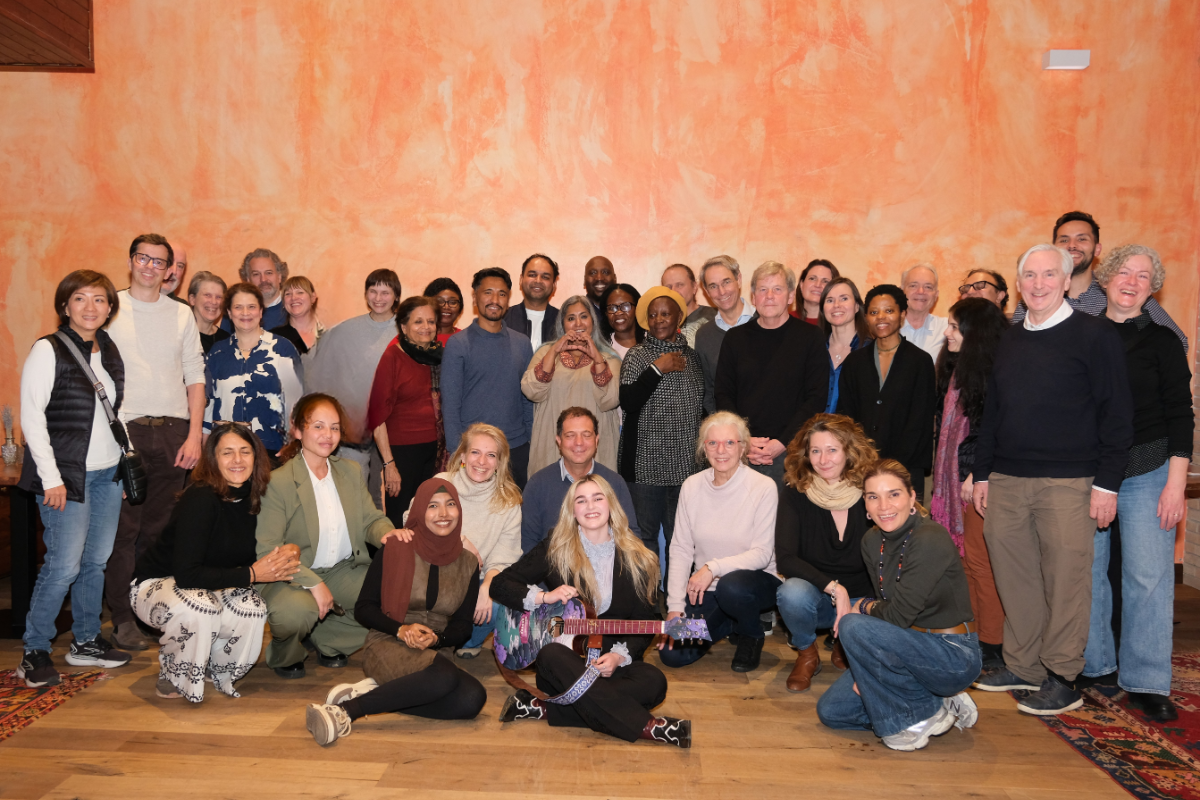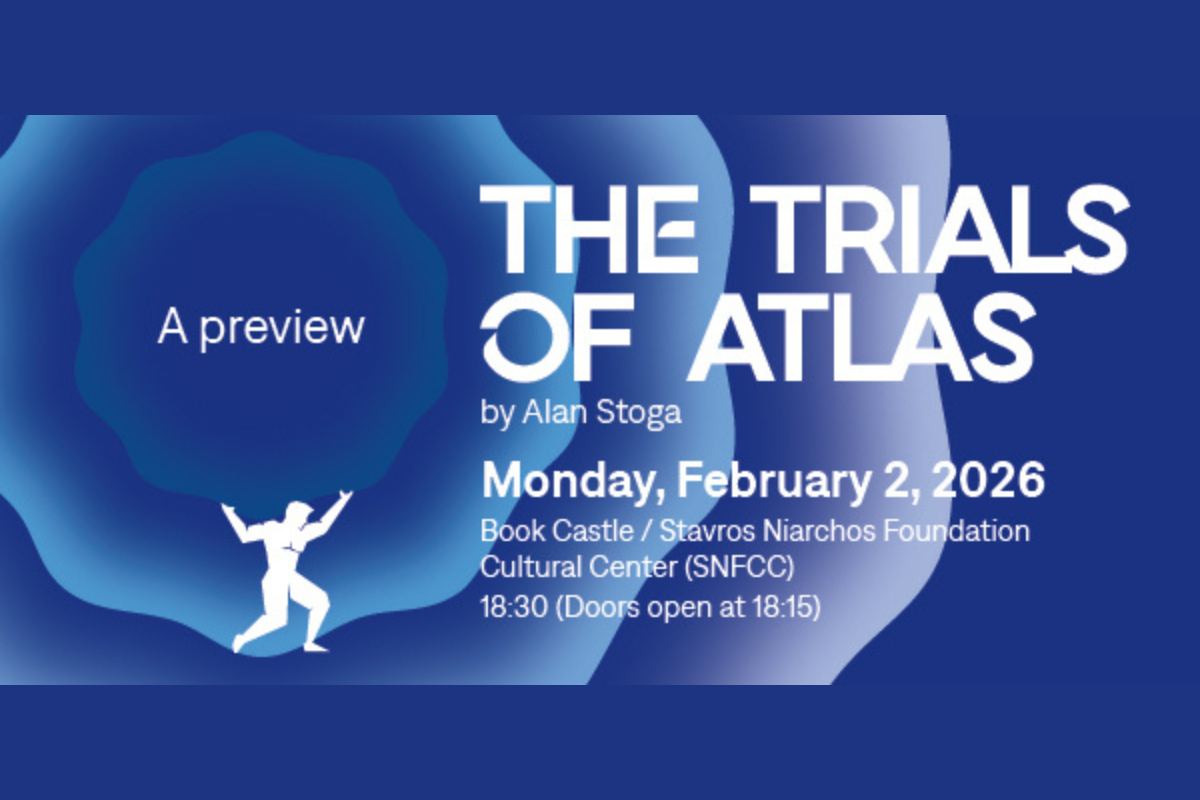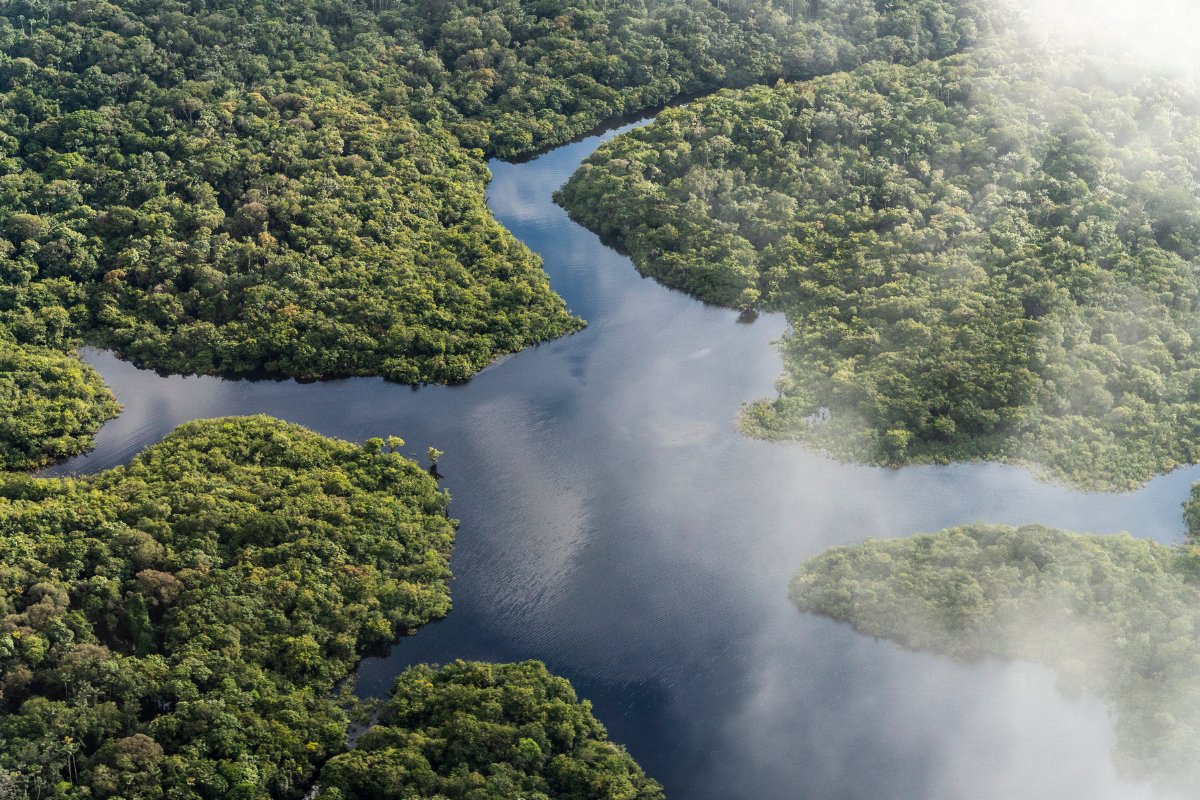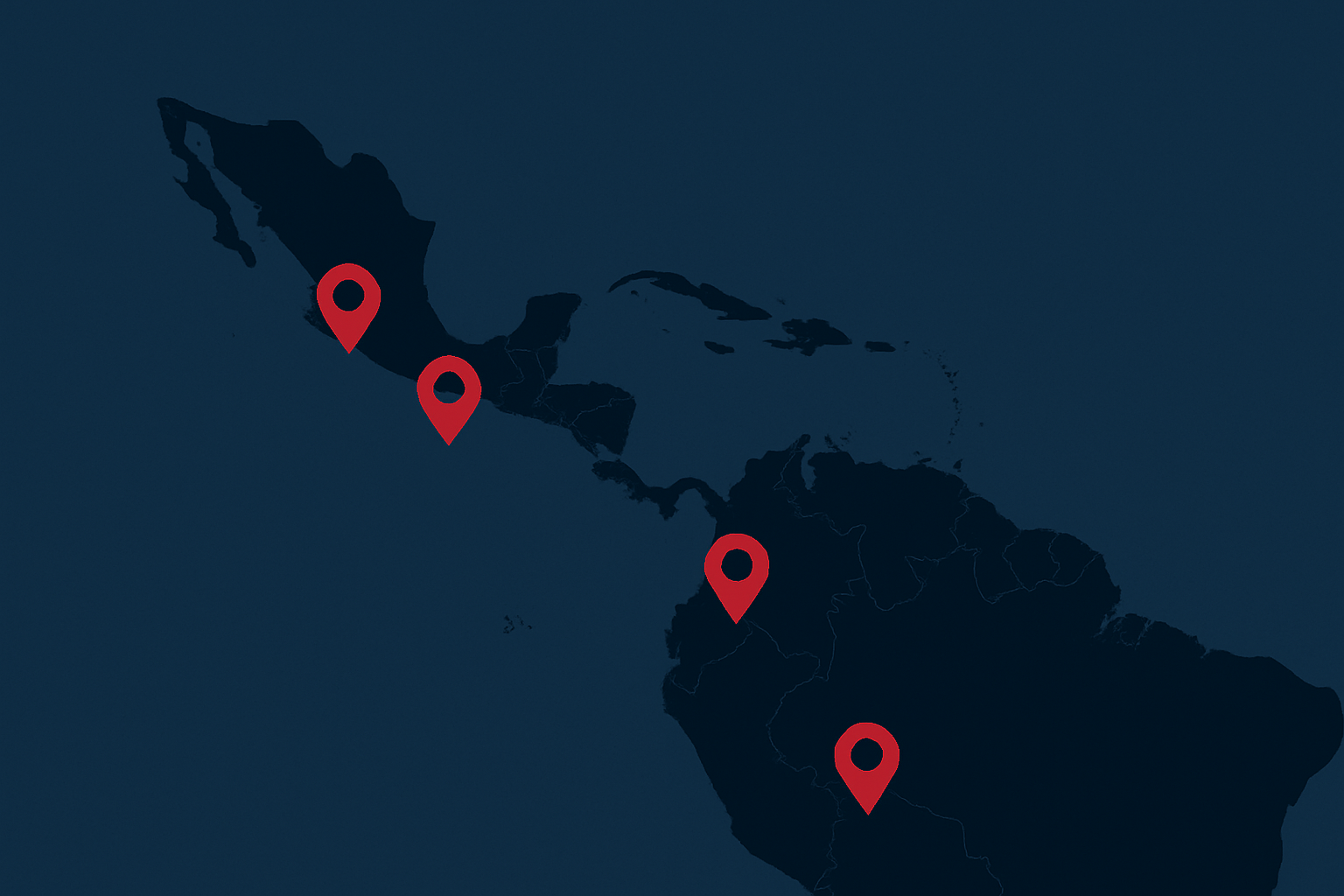We live at a time of profound changes in global and regional political structures, real time climate change, increasingly disruptive technologies (whose potential—good or bad—beggar the imagination), and collapsing trust in leaders as well as in institutions. Too many people in too many countries are too afraid of their futures.
The workshop will parse these dynamics, seeking to refine questions but also to define answers. And, where better than Cairo: five thousand years of history, creativity, advance and retreat, wisdom and knowledge, success and failure. A city of the past, but—as one of the world’s most populated cities—also a window into the future.
The spirit of this workshop is captured in these lines from the American poet Howard Nemerov, in “Magnitudes”:
We stand now in the place and limit of time
Where hardest knowledge is turning into dream,
And nightmares still contained in sleeping dark
Seem on the point of bringing into day
The sweating panic that starts the sleeper up.
One or another nightmare may come true,
And what to do then? What in the world to do?
That is the challenge we face: What in the world to do?
AGENDA
DAY 1: SUNDAY MARCH 24
HOUR EVENT
09:00
Visit to Museum of Egyptian Antiquities (optional)
Afternoon venue: Tahrir Square Cultural Center, AUC
13:00
Welcome
Who are we? Why are we here? What are the worries? What are the opportunities?
13:30
Politics, power, order and disorder in the 21st century
What are the implications and how can we lead our institutions and our countries in an increasingly fragile world? Can momentum towards globalism and globalization be recovered? How is power likely to evolve, globally and regionally?
Presentation on global dynamics by Alan Stoga
Presentation on regional dynamics by Nabil Fahmy
Comments by Amb. Tomas Christensen and Kees Rietveld
Group discussion
16:15
Looking for new thinking
Activism, like power, not only rings hollow but operates in an abstract space unless thinkers and doers understand context. There is a social, cultural and day-to-day fabric to historical experience that defines what is possible.
Presentation by Youseff Rakha
Comments by Baiqu Gonkar
18:00
Leadership in the Age of Disruption (public event)
Welcome by Nabil Fahmy
Tällberg’s search for leaders by Alan Stoga
Panel discussion: What makes a great leader? Tom Cummings (moderator),
What should we have learned about leadership from antiquity? Stelios Vassilakis
Audience questions, comments
Closing remarks
DAY 2: MONDAY MARCH 25
Venue: AUC New Cairo Campus
HOUR EVENT
09:30
What did we learn what can we build on from yesterday? What questions aren’t we asking? Why?
10:00
Technology and society: good, bad or ugly?
How can innovative technologies solve problems today, rather than merely cause them tomorrow?
Case study by Pio Barone of the Innovation Design Lab in Namibia
Panel discussion: Using technology for good NOW! Davis Plotnieks (moderator), Antonella Battaglini, Asaf Landau, Helmy Abouleish, and others TBD
12:30
New thinking for a new world
How can we train ourselves to think differently?
Presentation by Mark Mitton
14:30
Mass Migration in an Age of Disruption (public event, open to students and faculty)
What happens when irresistible force meets immovable object? Where are the pressure release valves and who is going to turn them?
Introductory remarks: Nabil Fahmy
Video presentation: “Hegira”
Panel discussion: What would it take to turn migration into a positive phenomenon?
Audience questions and comments
16:00
TheTällberg/Eliasson Global Leadership Prize in the Age of Disruption
Video presentation and brief remarks: Alan Stoga
What should we have learned about leadership from antiquity? Stelios Vassilakis
Audience questions, comments
Closing remarks
16:15
Session Ends: Coffee and informal conversation




